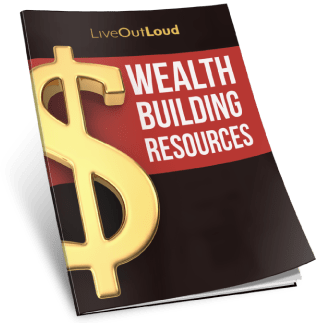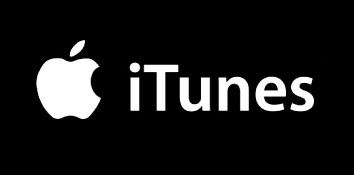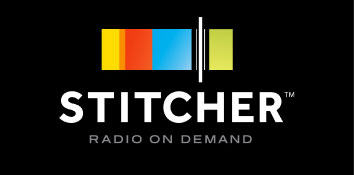A topic that comes up over and over when we are doing business is Canada. My husband is Canadian. There are a lot of Canadians that want to do business with us here in the US. Here to talk about doing business with Canada is Dave Hare who is a licensed CPA both in the US and Canada.
Dave is a cross-border CPA. He has done corporate business both in the US and Canada. Then he decided to leave the corporate world behind and venture out on his own. He owns 5 multi unit properties and is a successful real estate investor. He recently signed a 5 million dollar deal. Dave talks about the differences between US and Canadian tax entities and cross border investing to maximize your money.
You can find Dave here:
'One of the things that I learned through Loral was raising money, and I became pretty good at it.' -Dave Hare Click To TweetShow Notes
[01:24] Dave got his degree in Michigan. Then he worked for several years for public accounting firms. After he became a CPA, he went over to the Canadian side and work for companies like Caterpillar and Volkswagen.
- [02:01] Eventually, Dave decided to branch out on his own and do his own thing instead of working for corporations.
- [02:18] Dave approached Loral about investing in real estate about a year and a half ago. He signed up for the big table. Now he has five multi unit properties.
- [03:10] Dave learned how to raise money through Loral, and he became pretty good at it.
- [03:26] Dave became part of Loral’s team in September. Dave drove 37 hours to get to Tahoe and begin working with Loral.
- [03:47] They have been working on some solid deals including the marina deal and major renovations. He also recently signed a $50 million contract.
- [04:31] Dave surrounded himself with the right people and the right team. Build a diverse team that will provide you the expertise you need.
- [05:09] It’s tough to find it’s cross-border team members.
- [05:21] Three business structures that apply in Canada are partnerships, limited companies, and sole proprietors.
- [05:50] Partnerships are where you join with someone to set up a business. You will have a partnership return. Each partner does their own taxes. The tax write offs go to your personal tax returns. Any money you make on the partnership returns go straight to your taxes.
- [06:20] You have to be careful because of liability issues and tax issues.
- [06:36] Sole proprietorship’s in Canada give you write offs towards your T4 income. This is a great tax strategy from that standpoint.
- [07:57] You want to make sure you protect your personal assets like your house and your vehicle. You have to be careful with liability issues with a sole venture.
- [08:55] As a sole proprietor, you may be able to write off 10 to 20% of your house if its use for your business. If you use more than that you might be able to use it as a carryover.
- [10:12] With the company, the carry forward losses can be used now and in the future.
- [10:29] If you have T4 income and you start making more money your taxes will be high, so you might want to look at other entities at that point.
- [11:12] You might want to move into a limited company. You will have more flexibility on write offs.
- [12:04] If you work from your house, your business will take a 10 to 20% of your house expenses.
- [13:05] In Canada, you can now write off entertainment expenses if you take out the entire office. You can now write off 50%.
- [13:56] For business driving, you can use electronic tracking and write that off. You need to be very careful about your record keeping and the rules.
- [14:36] As a sole proprietor, everything is questioned.
- [15:05] The benefits of setting up an entity in getting Incorporated. Set up a limited liability company to protect your assets. You will also have more right off opportunities. You can also protect yourself by having an operating agreement or contract.
- [16:23] If you have a company in Canada, you can also set up a US structure like a c corp.
- [18:55] Be careful of withholding taxes when setting up entities for businesses that are cross-border.
- [19:59] Make sure you set things up right from the beginning.
- [20:21] You can avoid exchange rates by keeping your money someplace where the tax rates are lowest like the US and then using a US credit card.
- [22:42] To talk to Dave,you need to think about trusts, whether you have children involved, whether you can send money down to the US, and possible insurance products. The plan needs to be individually tailored to you.
Links and Resources:



 [01:24] Dave got his degree in Michigan. Then he worked for several years for public accounting firms. After he became a CPA, he went over to the Canadian side and work for companies like Caterpillar and Volkswagen.
[01:24] Dave got his degree in Michigan. Then he worked for several years for public accounting firms. After he became a CPA, he went over to the Canadian side and work for companies like Caterpillar and Volkswagen.







